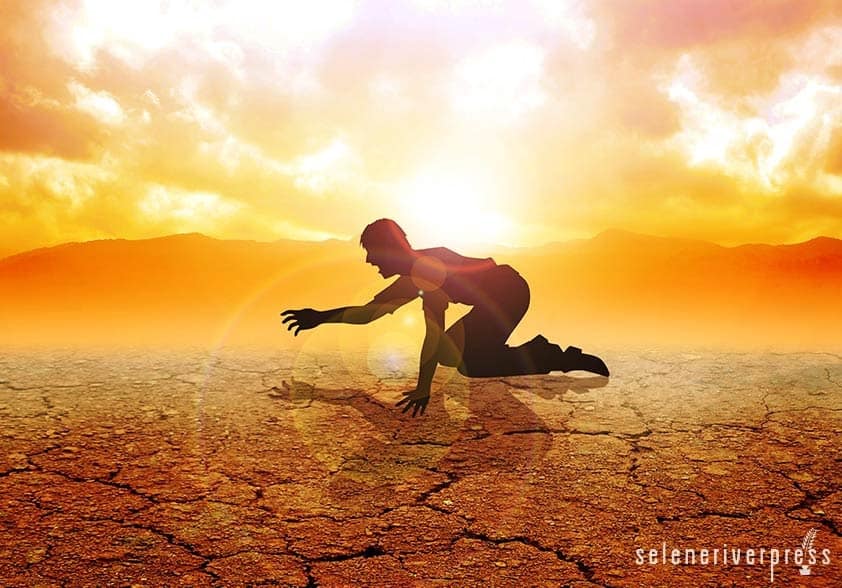The other day my hubby told me of an odd thing that happened to him at work. He had a slight headache as he was driving in, and by the time he sat down to his dual monitors he wasn’t able to focus on them. He said everything had a kaleidoscope look to it. As you can imagine, it freaked him out a bit.
When he started feeling nauseous as well, his first reaction was to refill the water bottle he keeps at his desk and get an omelet from the cafeteria downstairs. Feeling better afterwards, he made sure to mention this episode to our clinical nutritionist when he called in for his checkup that afternoon.
Turns out, the symptoms he experienced that morning were due, in large part, to two unrelated issues: dehydration and low vitamin D levels. So his instinct to drink some water and eat some eggs. Granted, I don’t know that the cafeteria in his building uses pasture-raised eggs, which are higher in nutrients such as vitamin D, but I love that he was drawn to just what his body needed. Maybe he’s been listening to me all these years. ;)
Low vitamin D levels aren’t unusual for this time of year, especially in the Midwest. But what really surprised us was the dehydration aspect. We’re big water drinkers at our house and even have five-gallon bottles of spring water delivered to use with our dispenser. Yes, we’re water snobs.
This reminded me of something my mom had told me a few weeks earlier about a family friend. She’d become extremely disoriented and collapsed at home for seemingly no particular reason. After making it to the hospital by ambulance, she was informed that the main cause of this episode was extreme dehydration. After receiving a good amount of fluids through an IV, her mind was clear, and she could move around freely without worrying about falling over. Thank goodness!
I’d never put much thought into the severe reactions that dehydration can bring on. But understanding that our bodies are highly dependent on water, I suppose it makes sense that dehydration, if left unchecked, can become more than simply needing a drink of water. Here’s a breakdown of what a big deal water is to our major organs:
- Lungs: approximately 83% water
- Muscles and kidneys: 79% water
- Heart and brain: 73% water
- Skin: 64% water
- Bones: 31% water
I have to admit, that last one surprised me. Staring these facts in the face, it’s no surprise that our bodies revolt when we don’t give them enough of this very basic substance.
Staying hydrated isn’t just about drinking enough water—it’s also about compensating for the choices we make throughout the day that end up dehydrating us,such as working out, drinking caffeine and/or alcohol, and consuming too much of the wrong kind of salt. When figuring out how much water you need to drink each day, there are many factors to consider.
Since that kaleidoscope-eyed morning, my hubby has been paying attention to how many cups of coffee he drinks at breakfast and how intense his workout is each day. Now that he’s started basing his water intake on the choices he makes throughout the day and adjusting the supplements that affect his vitamin D levels, he hasn’t relived those sensations. Thank you, nutrition!
What are some simple things you can do make sure you don’t become so dehydrated that you need more than a drink of water?
- Eat water-rich foods such as cucumber and watermelon
- Switch out any refined, commercial salt in your pantry to the healthy version
- Manage your stress levels
- Be aware of the first signs of dehydration
Share your tricks for making sure you stay hydrated.
Image from iStock/rudall30.



